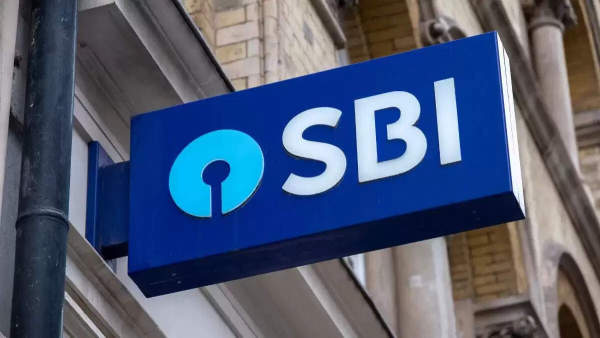

Pensioners have been warned of "significant financial implications" as the state pension is set to rise. Based on figures released on Wednesday, the new state pension is set to increase by £574.60 a year in April 2026 thanks to triple lock, to an annual sum of £12,547.60.
However, this 4.8% increase, based on earnings growth, means that pensioners will be closer than ever to the tax-free allowance threshold, which the Government confirmed would remain frozen at £12,570 until April 2028. This could be a cause for concern among pensioners, according to chief finance officer at Shepherds Friendly, Derence Lee.
He warned more retirees will be "pushed into the tax-paying bracket" as pensions are expected to surpass the frozen tax-free allowance limit next year, which could have "significant financial implications".
He said: "Whilst the Triple Lock has been helpful in ensuring retirees' incomes keep up with the cost of living, taxing pensioners could have significant financial implications, particularly for those who rely heavily on their pensions to cover essential living costs and make ends meet," reports the Daily Record.
Helen Morrissey, head of retirement analysis at Hargreaves Lansdown, also warned there could be "further increases to state pension age put on the table".
She said: "Recent data shows the number of people living until their nineties - and even longer - has soared and the government needs to consider how to balance the costs of state pension with the burgeoning pensioner population."
The state pension increase is based on the triple lock, which guarantees pension payments will rise by inflation, earnings growth, or 2.5%-whichever is highest.
Consumer price inflation figures published on November 22 showed inflation remained at 3.8% in September, meaning the state pension is expected to rise by the July earnings growth figure of 4.8%.
New state pensioners can expect to receive roughly £10 more every week, at around £241.30, bringing the annual total to £12,547.60.
The 'basic' or 'old' state pension is expected to increase from £176.45 per week to £184.90, which equates to around £9,615 per year.
Rachel Reeves will confirm the uprate in the Budget on November 26.
-
SBI Customers Alert: UPI, YONO, Internet Banking to Be Unavailable for One Hour on October 25

-
Cyber Scam Targets Popular Influencer: ₹50 Lakh Lost in Fake Copyright Strike Racket

-
Government Issues Alert as Spam Call Frauds Surge Across India: Simple Steps to Stay Safe

-
Punjab CM Sehat Bima Yojana Step-by-Step Guide to Get ₹5 Lakh Cashless Treatment E-Card

-
PM ECRG 2025: Young Scientists Can Win Research Grants Up to ₹60 Lakh — Check Eligibility and How to Apply
